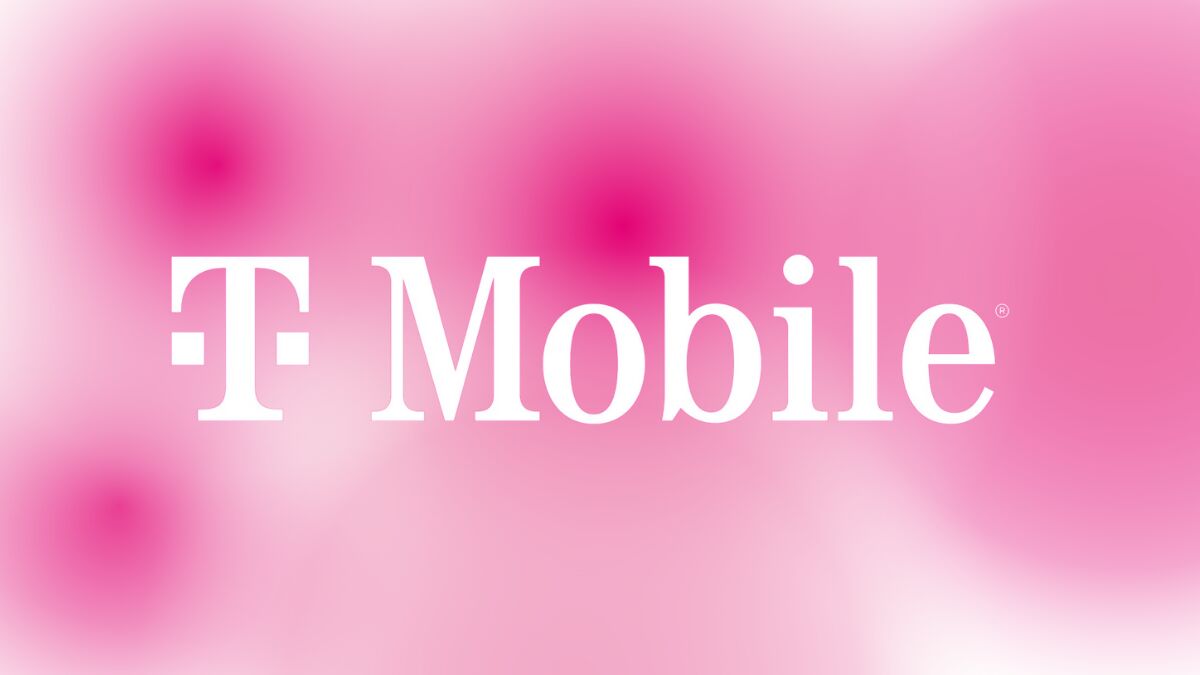
Highlights
- T-Mobile is accused of charging deceptive hidden fees disguised as government-mandated charges.
- The "Regulatory Programs and Telco Recovery Fee" allegedly adds $3.49 per line per month to customers' bills.
- The lawsuit claims T-Mobile violated its arbitration agreement, leading to a class action lawsuit in California federal court.
A new class action lawsuit alleges that T-Mobile USA Inc. has been charging a hidden fee to its wireless customers, misleading them into believing it is a government-mandated cost.
Filed in a California federal court on October 29, 2024, the suit brings together 23 plaintiffs who claim T-Mobile's practices violate both state and federal consumer protection laws.
Here's what you need to know about this case and what it could mean for current and former T-Mobile customers.
What is the "Regulatory Programs and Telco Recovery Fee"?
At the center of the lawsuit is T-Mobile's "Regulatory Programs and Telco Recovery Fee" (RPTR Fee), a charge introduced in 2004 and reportedly increased multiple times since. Currently, it costs customers $3.49 per line per month, which can add up significantly for family plans or multi-line accounts.
Key Allegations:
- Deceptive representation: Plaintiffs allege T-Mobile misrepresents the RPTR Fee as a government-mandated charge by grouping it with legitimate taxes and fees on customer bills.
- Not government-mandated: According to the lawsuit, the fee isn't required by federal regulation nor tied to specific operational costs but is instead "a concoction designed to increase T-Mobile's revenue."
- Lack of transparency: The complaint accuses T-Mobile of failing to properly disclose the fee's details, including its per-line application or frequency, in its Subscriber Agreement.
Arbitration Agreement Controversy
Adding to the allegations, the lawsuit claims that T-Mobile violated its own mandatory arbitration agreement.
- Plaintiffs' arbitration attempts: In 2023, plaintiffs filed individual arbitration claims with the American Arbitration Association (AAA) to resolve disputes over the RPTR Fee.
- T-Mobile's alleged refusal: The lawsuit claims T-Mobile refused to participate in arbitration or pay the required arbitration costs, prompting the AAA to close the cases.
The failure to resolve these claims through arbitration led the plaintiffs to seek class-action certification, aiming to represent all current and former T-Mobile customers charged the RPTR Fee.
What are the potential consequences for T-Mobile?
The plaintiffs are seeking damages, legal fees, and costs, along with certification of the class action. They're also pursuing penalties for violations of federal "Truth-in-Billing" regulations and state consumer laws.
If the court rules in favor of the plaintiffs, T-Mobile could face huge financial and reputational consequences.
My Take
T-Mobile has long marketed itself as the "Un-carrier," aiming to stand out with customer-friendly policies and straightforward pricing. However, allegations like these cast a shadow over that branding.
Hidden fees are a sore point for many wireless customers, and if these charges were indeed misrepresented as government-mandated, it's a serious breach of trust.
This lawsuit highlights the importance of regularly checking your monthly bill. Fees like the RPTR Fee can quietly add up, especially for families with multiple lines.
Although T-Mobile isn't the only major carrier using these tactics, this case could set an example for creating greater transparency in the telecom industry.
If you're a T-Mobile customer, take a close look at your bill for any unfamiliar charges.
For those seeking a more transparent alternative, smaller carriers like Mint Mobile and Red Pocket Mobile both operate on the T-Mobile network and they offer simpler pricing without hidden fees.
Summary
T-Mobile is facing a class action lawsuit over alleged hidden fees, with customers accusing the company of misrepresenting its RPTR Fee as a government-mandated charge.
If proven, the case could have wide-reaching implications for how carriers disclose fees to their customers.
Connect with us on Facebook, X, and TikTok for the latest insights and money-saving tips.







